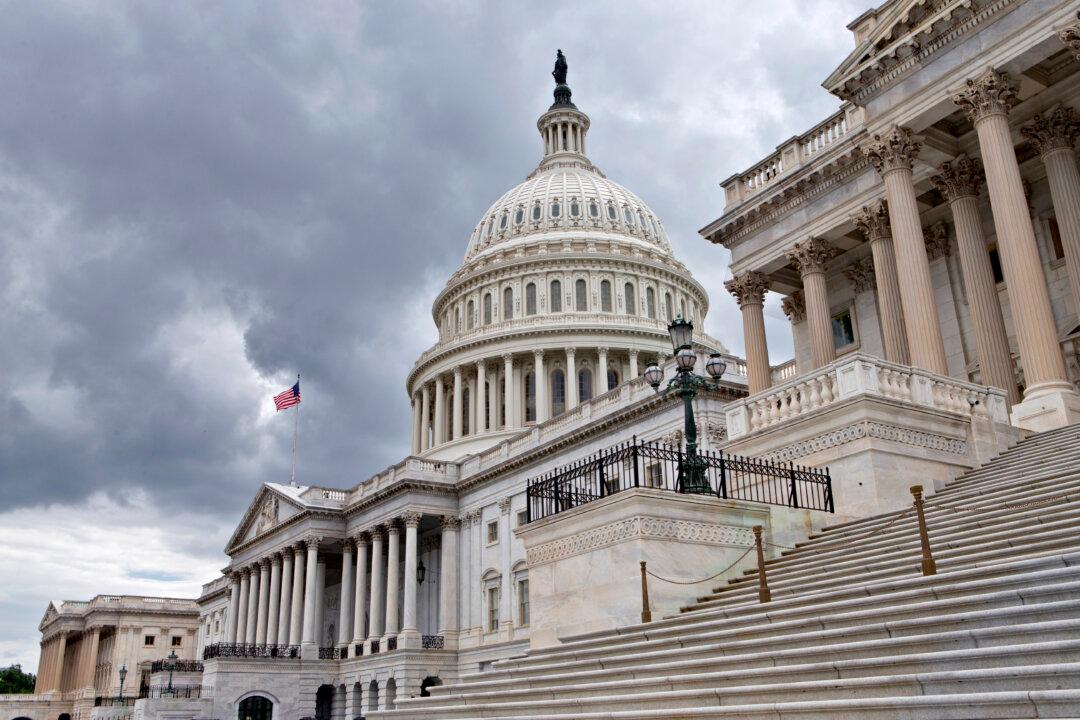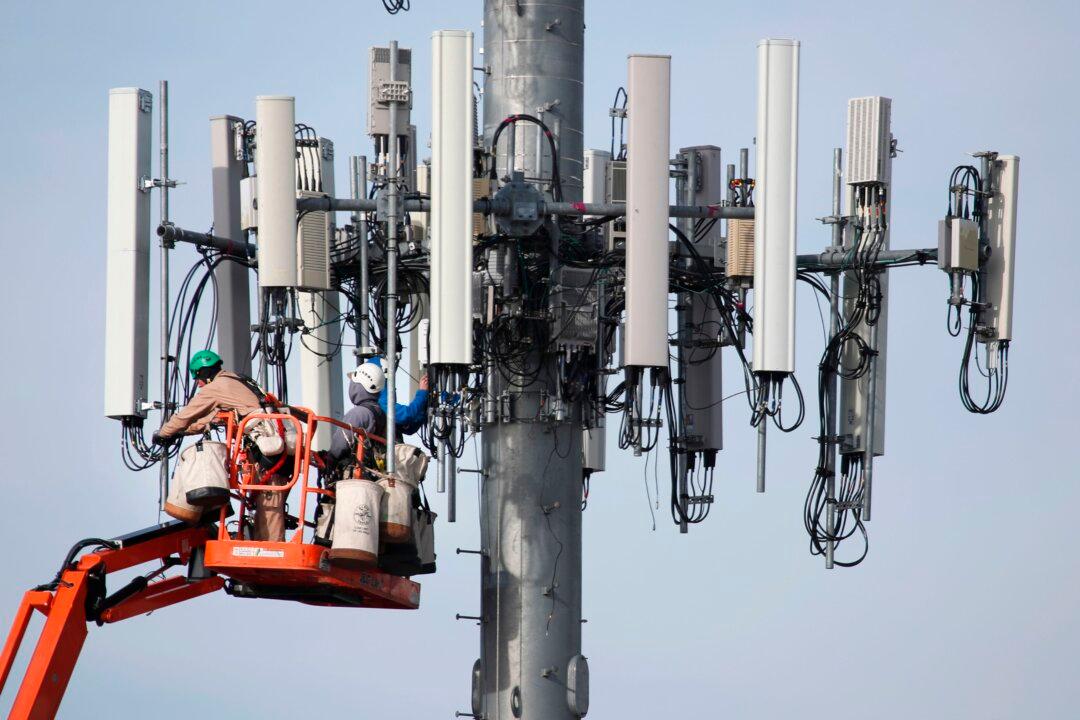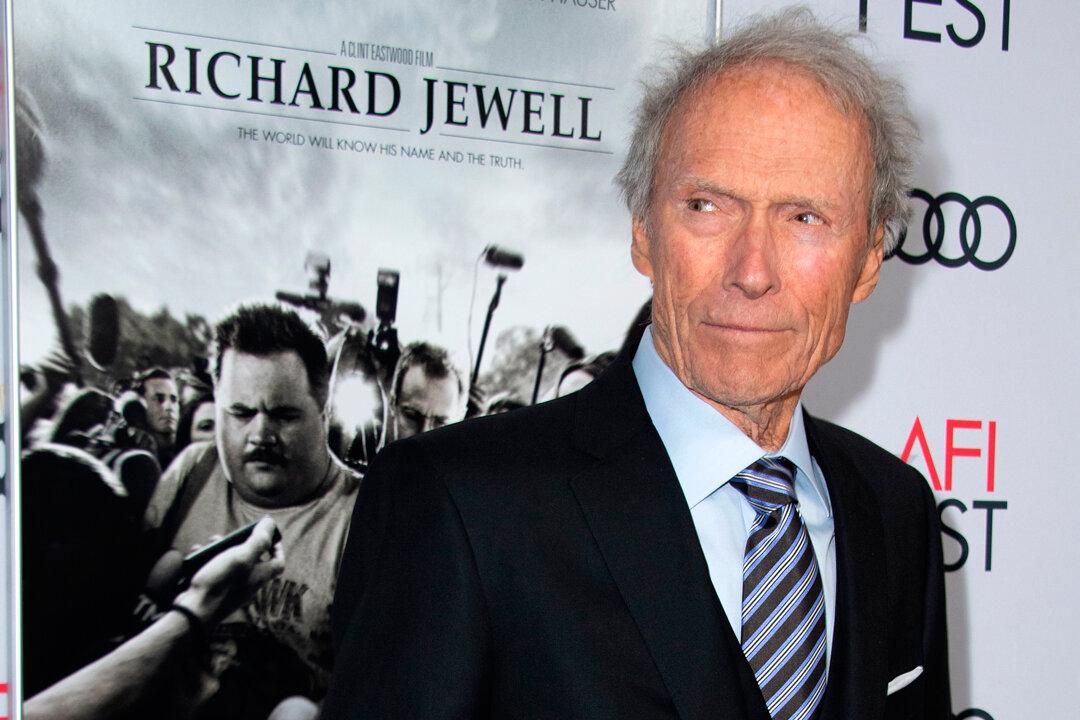Commentary
“The economy, stupid.” James Carville, a campaign strategist for former President Bill Clinton, made that phrase famous in the presidential election of 1992. Then it was just a slogan; now, to many people, it has become a truism: The economy is all that really matters in elections.





